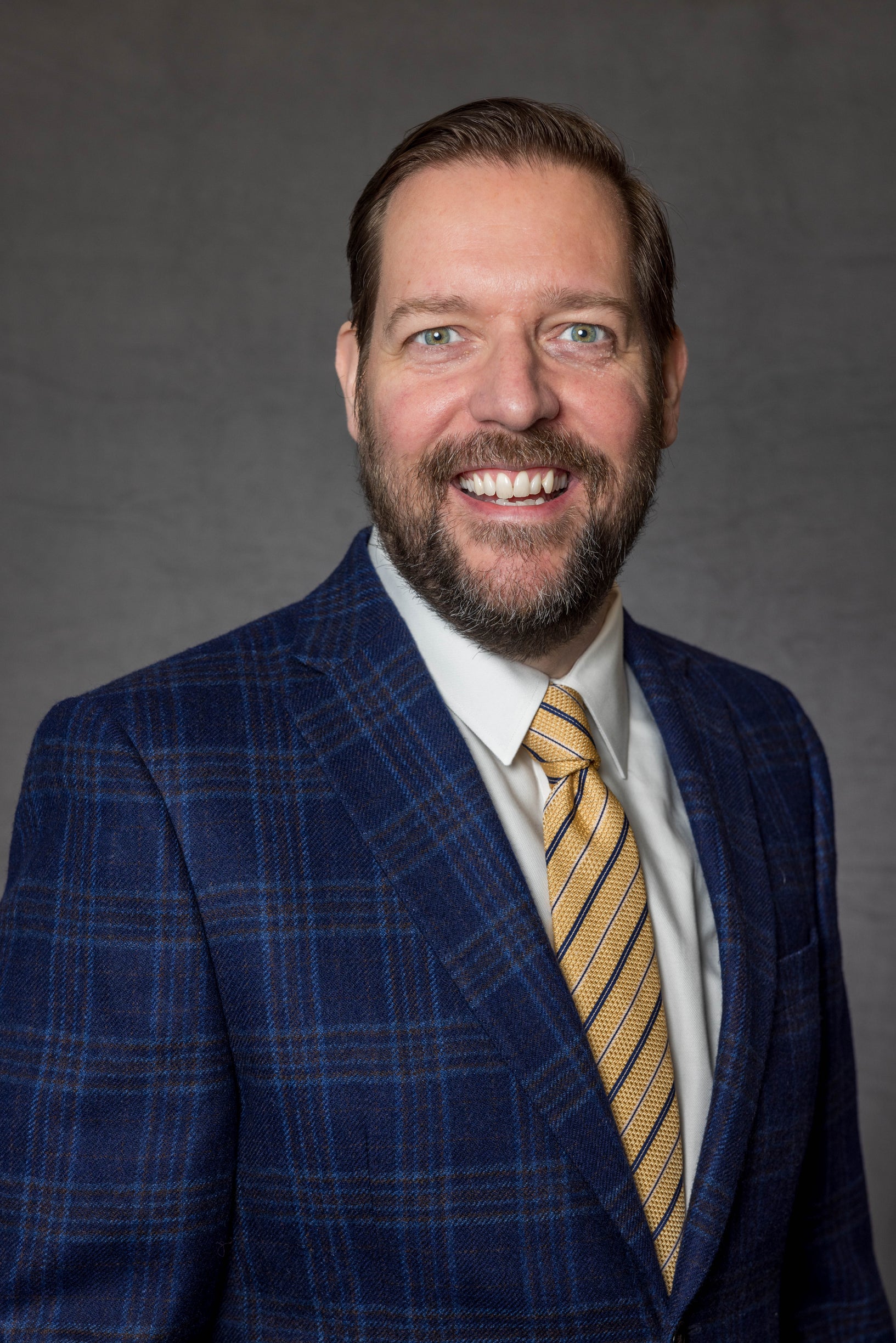Though Joop Oranje, Senior Director of People and Culture, is new to Rice, he certainly isn’t new to the field of Human Resources (HR). After 25 years in HR, including time in the petrochemicals industry, working for Fortune 500 companies, and running his own consulting business, you’d think he’d be relatively unfazed by his new role. Not so.
“If I could take a magic wand and design a perfect job, I wouldn’t come close to designing the role I hold now,” he shared. Both broad and deep, his responsibilities include overseeing performance management initiatives, spearheading professional development and training, promoting employee engagement, and captaining employee relations.
While Joop is new to Rice, he mentioned one thing common to all communities: “People want to be heard and seen.” Joop’s favorite way to hear and see the Rice community is by interacting with them in person, which is why he prefers to be on campus as much as possible. He’s been taking in the beauty of campus on his walks, with a keen appreciation of the architecture and the public art. But most of all, he’s been taken aback by the kindness and consideration of the people he runs into. He explained that people have been eager to help point him in the right direction when he looked lost or when he couldn’t find the right building. Touched by the attentiveness of the community to the needs of others, he explained that part of Rice’s uniqueness is that it's a place where it “feels so incredibly natural and genuine that people help each other.”
When asked how he’d describe the culture of Rice, Joop emphasized that the Rice experience is wholly relational—” our culture is rooted in the smart people around campus who are dedicated and driven and who do what needs to be done.” Sometimes, though, doing what needs to be done can be uncomfortable. Especially when it involves speaking up when you notice something happening that’s not quite right.
Joop emphasized how difficult it can be to feel comfortable speaking up, especially when TV and movies often show how whistleblowers can be punished for doing the right thing. It is extremely important to Rice that people who speak up can trust that they will be protected. If people do not feel supported in sharing their concerns when they witness something wrong, they won’t feel comfortable bringing up other issues in the future. It goes without saying that retaliating against whistleblowers and discouraging reporting can have disastrous effects on teams, organizations, and communities as a whole. He shared a Dutch proverb to illustrate his point: “Trust arrives on foot, but it leaves on horseback.”
To encourage people to share their concerns, Rice has a number of protective measures in place to protect whistleblowers, including Policy 813: Whistleblower Protection and Non-Retaliation Policy. Joop and his Employee Relations team that includes Tina Jackson, Senior Employee Relations Specialist, and Yareli Pacheco, Employee Relations Specialist, are also proactively on the lookout for instances of retaliation, or even the appearance of retaliation, which can have a similar chilling effect on the disclosure of misconduct. Their proactive approach helps maintain trust and accountability across the university.
Simply put, Joop stressed that Rice wants everyone who reports misconduct to feel safe doing so. He emphasized that someone stepping up and doing the right thing is the only way for change to happen. If you witness misconduct, it can be easy to assume that other people are seeing it too and taking care of it, but that isn’t necessarily the case if everyone is waiting for someone else to be the one to make a report. If your intuition tells you something is wrong, it is important to speak up so that it can be addressed and the situation can be rectified. It may be intimidating to report at first, but Rice’s priority in creating a culture of no retaliation seeks to assuage any of the fears you may have about the process.
There are many confidential avenues for reporting concerns at Rice. Joop recommends reporting any concerns to your supervisor first, if you feel comfortable doing so. However, we understand that it may not always be the best option for every situation. Alternative reporting channels include EthicsPoint, which is a 24/7 anonymous helpline. HR is also there to help. Employee Relations email inbox (employeerelations@rice.edu) is always open and actively monitored. If you are unsure if you have an employee relations issue or another type of concern, contact the Office of Ethics, Compliance and Enterprise Risk for confidential guidance. Regardless of where you make your report, it’s crucial to know that Rice prioritizes the protection of people who do the right thing and speak up when confronted with misconduct. We value your courage in speaking up and maintaining Rice community’s integrity.

